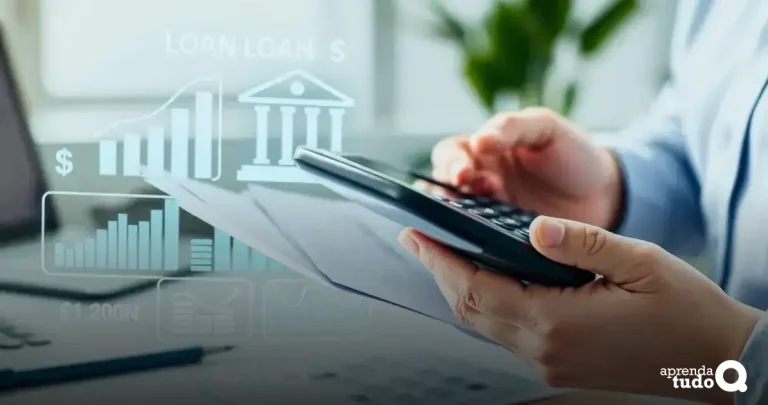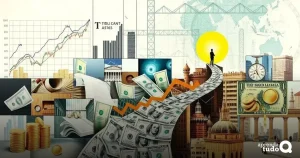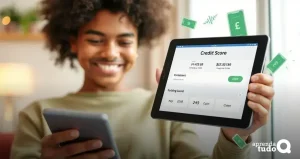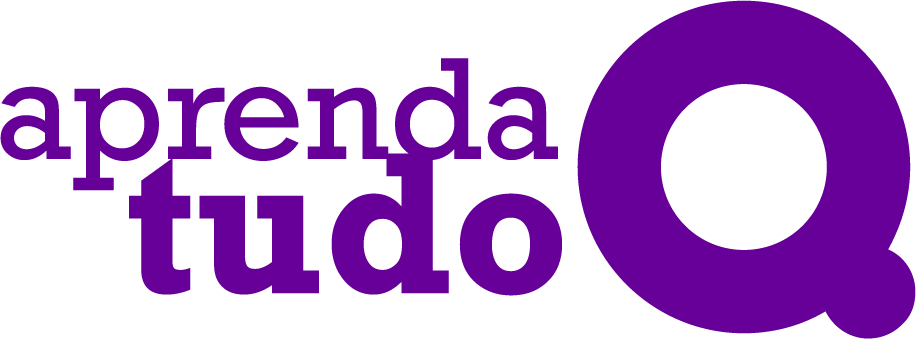Credit card debt can feel overwhelming. Finding ways to pay off credit card debt could free you from financial stress. Simple strategies can pave your path to financial freedom.
Learn how to manage and eliminate your credit card obligations effectively. Understanding various approaches will empower you to take control.
Keep reading to discover powerful tips that will help you tackle credit card debt head-on!
Understanding Credit Card Debt
Understanding credit card debt is essential for managing your finances. Credit card debt occurs when you borrow money from your credit card provider and spend more than you can pay back on time. This debt can quickly grow due to high-interest rates, making it difficult to pay off.
Each purchase adds to your balance, and if you only make minimum payments, you may end up paying much more in interest over time. It’s important to know what your interest rate is, as this can affect how long it takes to pay off your debt.
By understanding credit card debt, you can create a plan to tackle it head-on. Recognising the total amount owed and the interest accrual can help you make informed decisions about how to pay it off effectively.
Prioritising Your Payments
Prioritising your payments is a smart way to manage credit card debt. Start by listing all your credit cards and their balances. This will help you see where you stand. Focus on high-interest cards first, as they cost you more money over time. Paying these off quickly can save you a lot in interest.
Another method is to make minimum payments on low-interest cards while putting extra money towards the high-interest ones. This approach can clear your most expensive debts faster. Remember to also pay attention to due dates to avoid late fees.
By prioritising your payments, you gain control over your debt situation. You’ll be able to track your progress and feel encouraged as your balances decrease. Staying organised and focused will lead to a quicker path to being debt-free.
Creating a Budget Plan
Creating a budget plan is a key step in paying off credit card debt. Start by listing all your income sources. Next, track your monthly expenses, including necessities like rent and groceries, as well as discretionary spending such as dining out. This will help you see where your money goes each month.
Once you have a clear picture of your income and expenses, you can adjust your spending to save more for debt repayment. Allocate a specific amount of money each month to pay off your credit cards. This can help you stay focused and motivated while working towards being debt-free.
Review your budget regularly to ensure it meets your needs. Make changes if you find that you are overspending in certain areas. A good budget plan is flexible and shows you how to prioritise your payments effectively while still managing everyday expenses.
Exploring Balance Transfers
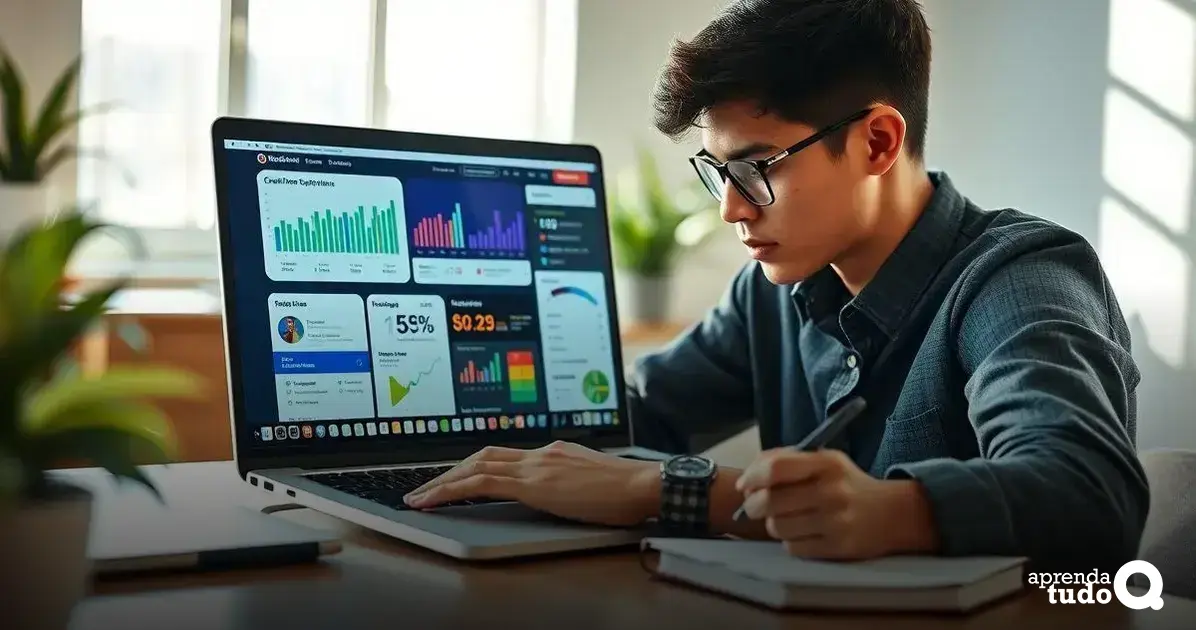
Exploring balance transfers can be a smart way to tackle credit card debt. A balance transfer allows you to move your existing credit card debt to a new credit card that often has a lower interest rate. This can save you money on interest and help you pay down your debt faster.
When considering a balance transfer, look for cards that offer 0% interest for a promotional period. This way, you can focus on paying off your balance without accumulating more interest. Just be sure to read the terms and conditions, as some cards may charge a balance transfer fee.
While balance transfers can be helpful, it’s important to manage them wisely. Make a plan to pay off the transferred balance before the promotional period ends. If you don’t, you may end up with high-interest debt again, making it harder to achieve your goal of becoming debt-free.
Negotiating with Creditors
Negotiating with creditors can be an effective strategy for reducing credit card debt. When you find yourself struggling to make payments, it’s essential to communicate with your creditors. They may be willing to lower your interest rate, reduce your minimum payments, or even settle for a lower balance.
Start by reaching out to customer service and explaining your situation clearly. Be honest about your financial difficulties but also express your willingness to make payments. Often, creditors prefer to work with you rather than risk losing their money.
Before you agree to any terms, make sure you understand what you’re committing to. Get any offers in writing and check for any hidden fees. A good negotiation can provide you with much-needed relief and help you stay on track to becoming debt-free.
The Snowball Method Explained
The Snowball Method is a popular strategy for paying off credit card debt. It involves focusing on your smallest debts first while making minimum payments on larger debts. The idea is to pay off the smallest balance quickly, which gives you a sense of achievement and motivation.
Once you pay off the smallest debt, you take the money you used to pay that off and apply it to the next smallest debt. This process continues, creating a ‘snowball’ effect as your payments grow larger. The momentum builds as you clear off debts, making it easier to stay committed.
The Snowball Method works well for many people because it focuses on quick wins. These small victories can boost your confidence and help you stay focused on your goal of becoming debt-free. Over time, the strategy can lead to significant reductions in your overall debt.
Using Extra Income Wisely
Using extra income wisely can make a big difference when it comes to paying off credit card debt. Whether it’s a side job, a bonus, or a tax refund, the key is to direct that extra money towards your debts. This helps you pay them off faster, reducing interest costs and providing a sense of relief.
When you receive extra income, consider making a plan before spending it. Break down how much you want to allocate to your credit cards and how much you might need for savings or emergencies. This way, you ensure you’re using your additional funds effectively while also preparing for future needs.
Remember to celebrate your progress as you use extra income to reduce your debt. Each payment brings you closer to financial freedom, and acknowledging your achievements can motivate you to stick to your budget and continue working towards your goals.
For this subtitle, it seems there might have been a mistake as none was provided. However, I can elaborate on a relevant topic regarding credit card debt management. One effective strategy is to consistently review and manage your expenses. Tracking where your money goes each month can help identify areas where you can cut costs and put more towards paying down debt.
Another important aspect is understanding your spending habits. By knowing exactly how much you spend on non-essential items, you can adjust your lifestyle to allocate more funds to debt repayment. This may require some sacrifices, but it pays off in the long run.
Finally, consider discussing your financial goals with a trusted friend or family member. Sharing your plans can provide accountability, and they may offer useful insights or support in your journey towards becoming debt-free. By combining various strategies, you can create a solid plan to tackle credit card debt effectively.
